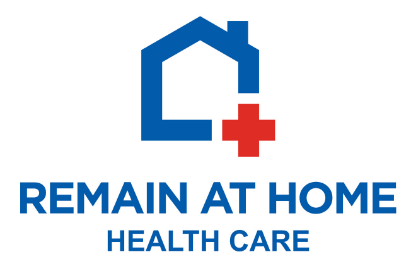As I mentioned a few weeks ago, one of the many major good news/bad news scenarios facing the aging US population today is increased longevity, along with a considerably higher incidence of multiple “co-morbid” (overlapping maladies) conditions.
While geriatric experts differ on the ranking of the most prevalent health issues, all agree that most people who live to be 65 years and older will eventually have to deal with one or several unwanted medical conditions. Due to heredity, environment or both – another source of conflict among the experts – but they all seem to agree on a “short list” of common afflictions such as dementia/Alzheimer’s, C.O.P.D., coronary heart disease, diabetes, hypertension, osteoporosis, Parkinson’s, stroke, cancer, arthritis, depression, and a myriad of hearing and sight disorders. With most, there are medications that can slow the process of the disease, but sadly, there are no known cures for the aforementioned at this point in time in the medical world.
Here is another common but often overlooked fact: Older folks tend to have much thinner skin (literally), which can lead to persistent sores and wounds, which take a good bit of time to heal. Having skilled clinicians (wound-care specialists) address abrasions, cuts and tears, or gashes is paramount. And timing is of the essence. Many seniors are also the victims of a diminished immune system, which means that skin afflictions can easily become infected.

Brian Carrigan
Founder & Co-Manager
Perhaps one of the most difficult (and common) disorders to recognize – and effectively treat – among seniors is depression. A staggering six-million Americans, aged 65 and older, fall victim to what can range from an outward appearance of “having the blues” to suicidal thoughts and tendencies. Often times, depression occurs in tandem with other illnesses and often last considerably longer, as compared to younger people with similar depressive disorders.
Friends and loved-ones should pay particular attention to – and must be hyper-aware of – physical and mental changes in seniors, however seemingly insignificant at the time. There is perhaps no better judge than you of the subtle behavioral changes that can occur in someone you have known, in many cases, all of your life.
It doesn’t seem fair that one of the “rewards” for growing older is coping with a list of seemingly ever-growing unfortunate health challenges. But don’t underestimate the resilience of a life lived through many trying times. Seniors are no stranger to adversity, and the many curve-balls life has already thrown their way are the very same challenges that enable the elderly to mature with great optimism, pride, and dignity.
While we all do well to take care of seniors and pay attention to signs of illness, we do even better to pay attention to seniors’ amazing signs of “wellness.” They are inspirations on how to cope with challenges of all kinds.
 RAH in the News – OnlineAthens
Prev post
RAH in the News – OnlineAthens
Prev post



